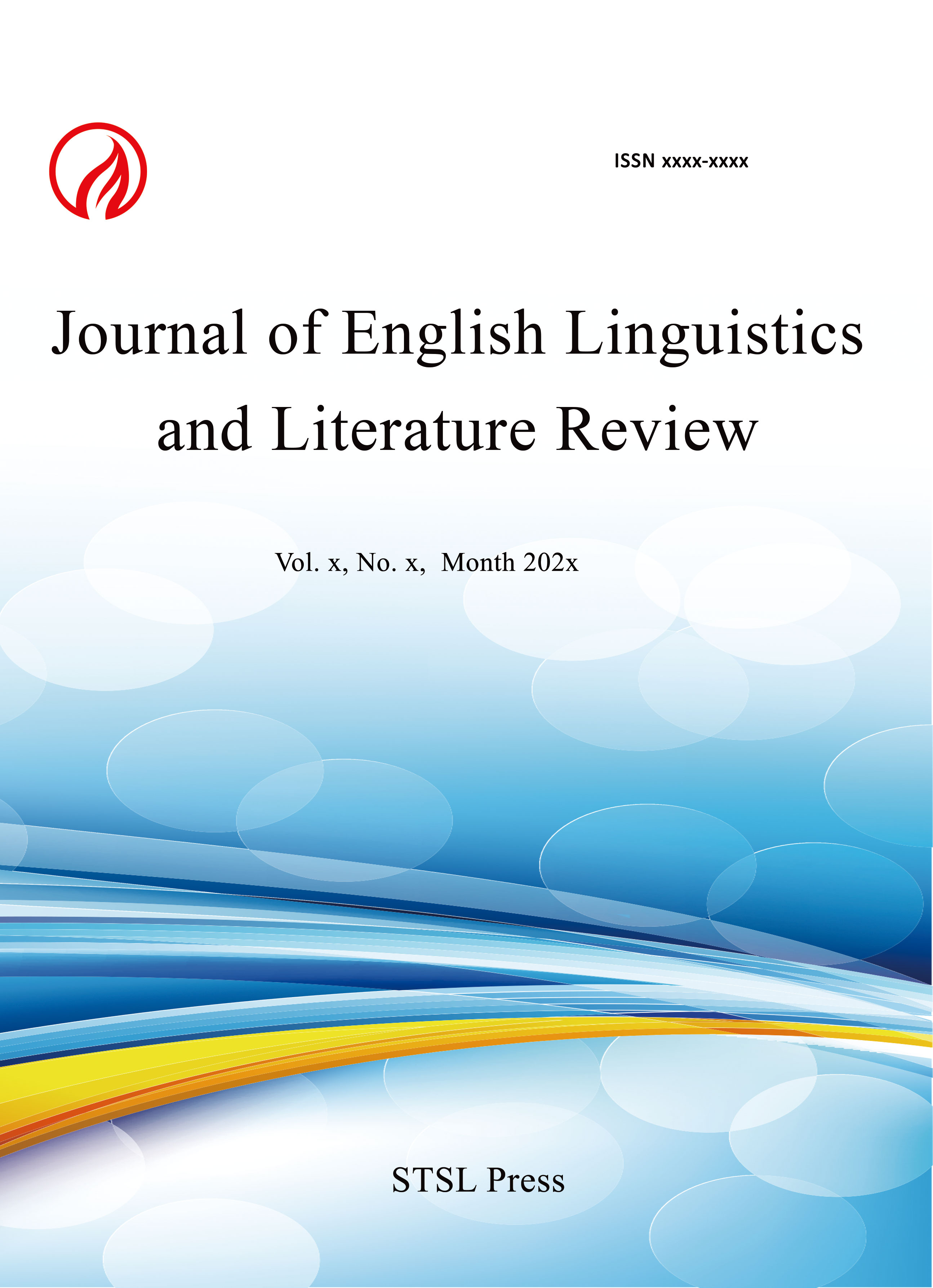Scalar Implicature in Carlos Ruiz Zafón’s The Shadow of the Wind: A Neo-Gricean Pragmatic Analysis
Dr. Jayashree Premkumar Shet
Abstract
This study examines scalar implicature in Carlos Ruiz Zafón's The Shadow of the Wind using Levinson's neo-Gricean model. Drawing on Grice, Horn, and Levinson's core ideas and incorporating insights from recent empirical investigations, the approach investigates how scalar phrases like "some," "few," "most," and modal verbs contribute to implicit meanings that go beyond literal interpretation. The study investigates both qualitatively and quantitatively how Zafón's narrative uses scalar implicature to enhance character relationships, elicit subtextual tensions, and reflect larger societal dynamics. A total of 522 scalar implicatures were identified across seven semantic-pragmatic categories in The Shadow of the Wind. These implicatures were examined to understand how they reflect pragmatic strategies such as politeness, epistemic hedging, and speaker intention within varied narrative contexts. The findings reveal that scalar choices—particularly those involving quantifiers like some, pronouns like others, and modifiers like almost—serve not only to manage informational precision but also to encode subtle interpersonal dynamics and thematic depth. This distributional and interpretive analysis contributes to literary pragmatics and offers pedagogical insights for ESL and teacher training.
Paper:
pdf
DOI:
https://doi.org/10.71002/jellr.v2n3p1
 This work is licensed under a
Creative Commons Attribution 4.0 License.
This work is licensed under a
Creative Commons Attribution 4.0 License.
Contact us
- Jessica Tucker
- jellr@stslpress.org
